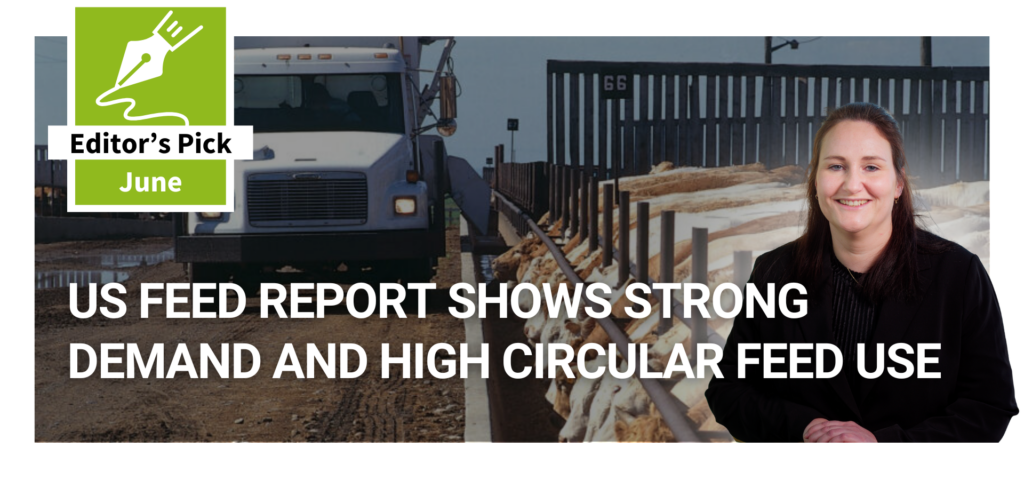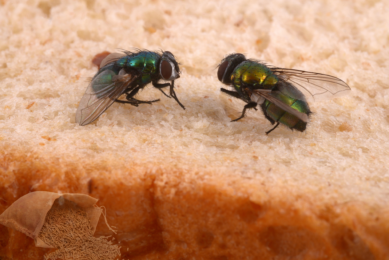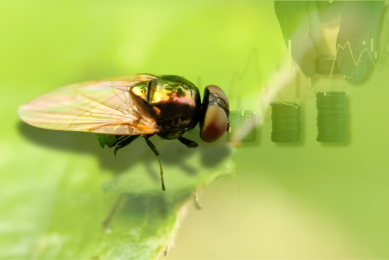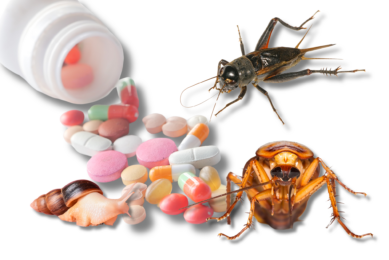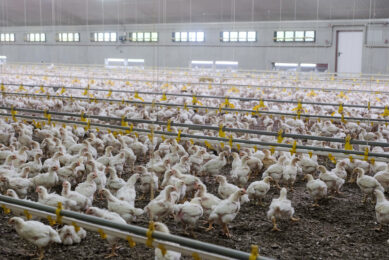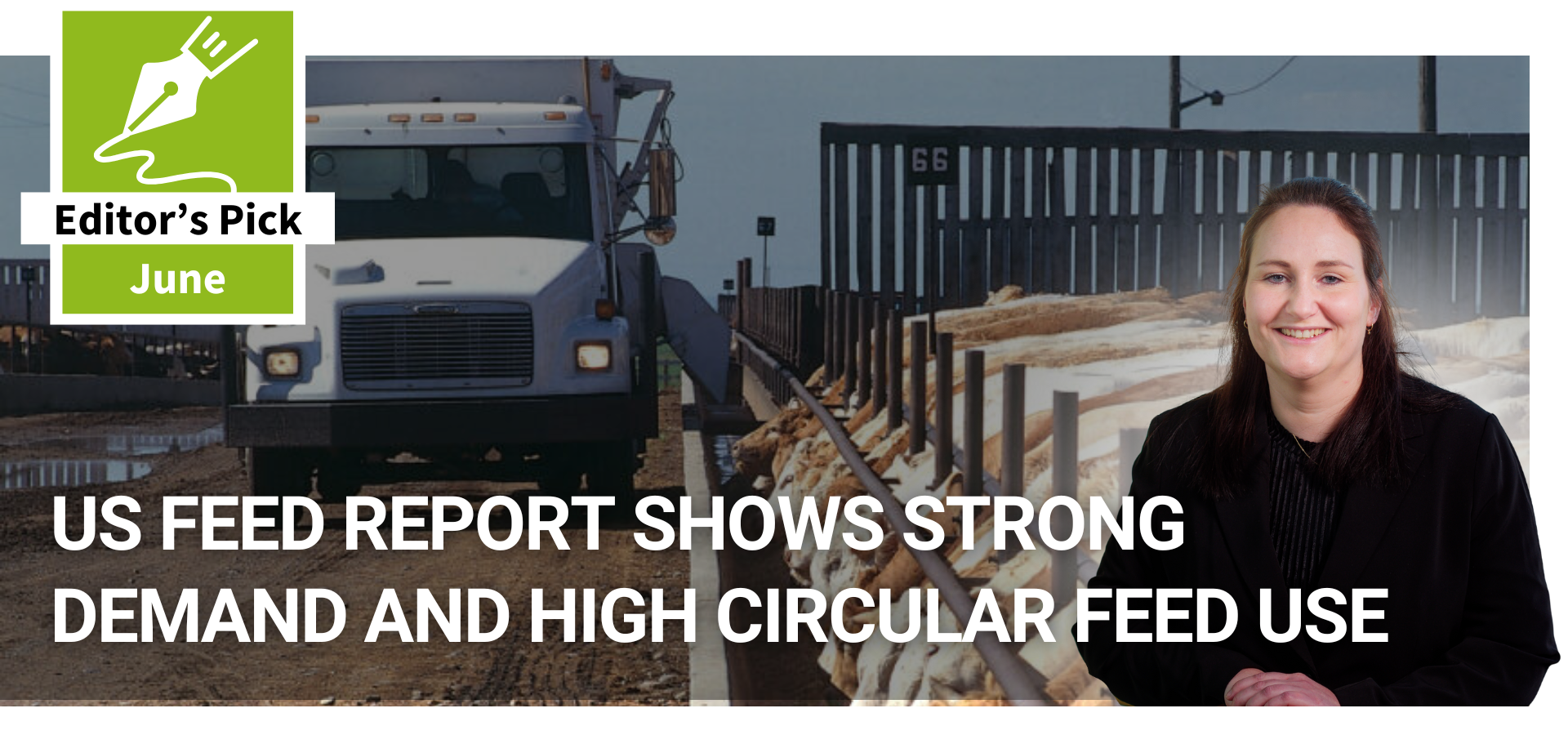Europe at odds on insect consumption as Singapore leads the way
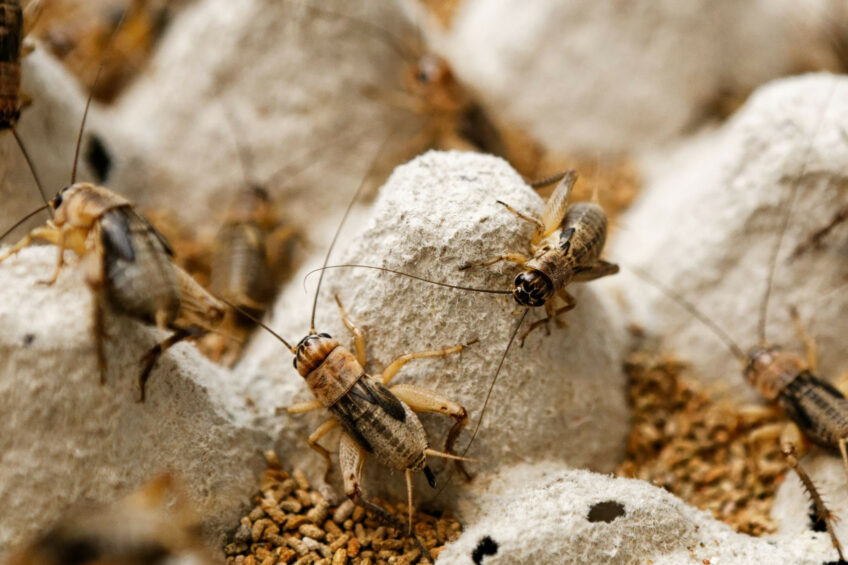
Consumption of insects continues to pose a dilemma across the globe with EU ministers recently criticising Hungary, which currently holds the EU presidency, on its perceived opposition on novel foods.
Agriculture and Fisheries Council ministers recently discussed Hungary’s position, which advocates the protection of Europe’s culinary traditions from novel foods, such as edible insects and vegetarian alternatives to dairy and meat.
Latest European Commission figures show that consumption of vegetarian alternatives to meat, dairy and seafood products has risen fivefold since 2011 but consumers in Hungary are resistant to insect consumption. A study conducted last year found that Hungarian consumers are much more dismissive of insect consumption than the European average despite the majority (60%) being aware of its potential benefits (nutritional value and environmentally friendly production method).
While Hungary has tightened domestic legislation on insects with agriculture minister Istvan Nagy stating that products that contain insect protein will have to be visually identifiable and separable in grocery stores, there are still insect companies in the country that are expanding. Insect producer Agroloop is building a plant for the industrial production of feed insects at Budapest Airport, which is due to come on line in the autumn. It is significantly expanding its existing larvae breeding capacities for the European market with plant investment of more than €20 million.
By the end of the year, the agrotech company is expected to be receiving 120 tonnes of raw material per day to produce around 10,000 tonnes of end product in their 13,000 sqm plant.
Singapore approves 16 insect species
But while Europe hesitates on the extent of insect for feed and food, Singapore has recently approved the consumption of 16 insect species, including various species in different stages of growth, highlighting the potential nutritional and environmental benefits of eating insects.
In the adult stage, the approved species include different types of high protein crickets, grasshoppers as well as locusts and a honeybee. In the larvae stage, there are 3 kinds of mealworms, a white grub and a giant rhino beetle grub, as well as 2 species of moth. Silkworm moths and silkworms (different stages of the same species) can both be eaten.
Singapore is keen to explore more sustainable food sources and insects require much less land, water and feed compared to traditional livestock and they produce fewer carbon emissions, too. Eating insects is also seen as meeting food security challenges.
Insects are eaten in 128 countries, according to a study published this year in the journal Scientific Reports, mostly in Asian countries, followed by Mexico and African nations.



